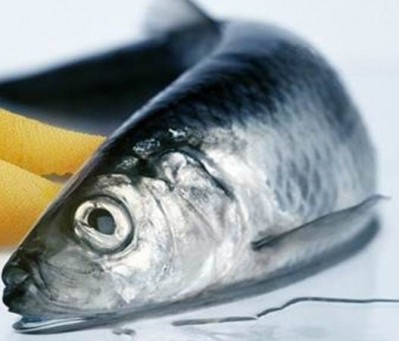Fish oil prices rise on back of vegetable hikes
The cost of many vegetable oils has doubled in the past year as a result of a confluence of factors, including use of crops for biofuels and insufficient harvests. The impact of this has been felt across the food industry, but the effect in fish oils underscores the delicate balance that exists between ingredients that may, at face value, appear to be unrelated. David Cherry, vice president of Croda Health Care explained to NutraIngredients.com that the nutrition industry uses just a very small part of global fish oil stock. The main use of fish oil is in aquaculture; 80 per cent is used as feed for farmed fish, according to the International Fishmeal and Fish Oil Organisation (IFFO). Vegetable oils, such as rape seed oil, can also be used for this purpose. With vegetable oils so expensive, however, fish farmers have opted for the comparatively cheaper fish oil instead. This has led to greater demand for fish oil. According to data from the IFFO, the price of fish oil rose from US$800 per metric tonne in February 2007 to $2200 per metric tonne in February 2008. "If vegetable oil prices are high (as they are) then market forces will drive up fish oil prices. When vegetable oil prices are low, substitution of fish oil for vegetable oils in aquaculture keeps the fish oil price low too," said Cherry. As a result, Croda is to increase the price of its fish oils by between 10 and 20 per cent, depending on the grade, as of July 1 or when existing contracts allow. Cherry said Croda, in the context of market forces, the price increase for Incromega is "fairly modest", and "what the market can bear". Croda said that the company has experienced additional pressure from increasing energy, packaging and transportation costs. No lack of fish oil Cherry stressed that there is not a problem with the sourcing or supply of fish oils for the nutrition industry. "Sustainability is fine, and the supply chain is working well." Fish oil is actually a by-product of the fish meal industry, with the protein part used largely for animal feed. Croda sources its fish oil from wild stocks of fish like sardines, anchovies and tuna from Peru, as well as other South American and Pacific coastlines. "The Peruvian government manages fish stocks very well," Cherry said.













